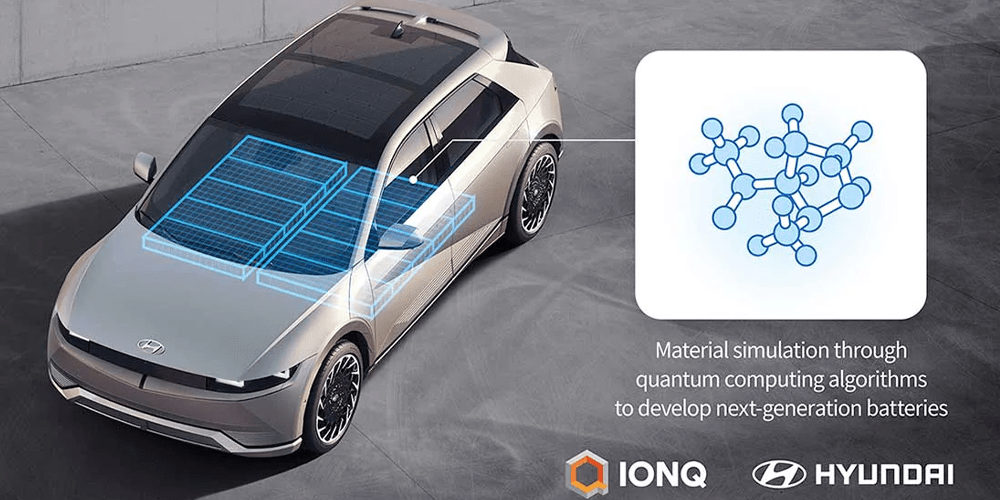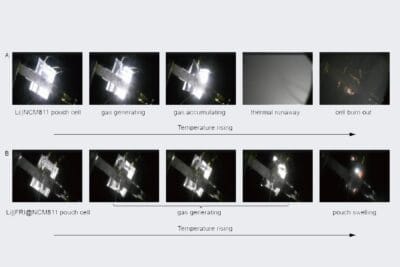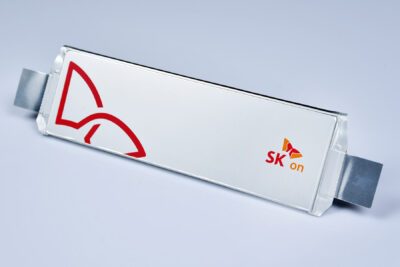Hyundai to optimise batteries using quantum computing
Hyundai is cooperating with the US company IonQ, which specialises in quantum computing, to improve future batteries for electric cars. The goal is to optimise the charging and discharging cycles of next-generation batteries as well as their durability, capacity and safety through quantum-driven simulations of battery chemistries.
Specifically, the partners want to develop so-called variational quantum eigensolver (VQE) algorithms to study lithium compounds and their chemical reactions in battery chemistry. Measured in terms of the number of qubits and quantum gates, Hyundai says it will be the most advanced battery chemistry model developed on quantum computers to date.
The model is expected to be able to simulate and control the chemical reactions within the battery during charging and discharging more accurately than before. Hyundai credits this research with having the potential to lead to new types of starting materials that will enable cheaper and easier-to-manufacture batteries in the future.
“This creative collaboration with IonQ is expected to provide innovation in the development of basic materials in virtual space for various parts of the future mobility,” said TaeWon Lim, Executive Vice President and Head of Materials Research & Engineering Center at Hyundai Motor Group. “We’re excited to step into the upcoming quantum era and take advantage of the opportunities that await with more effective battery power.”
“We at IonQ believe in our mission to solve the world’s most complex problems through the ongoing development of our quantum computers, and we see global climate change as one such problem that we can help to tackle with quantum chemistry solutions,” said Peter Chapman, president and CEO of IonQ. “Battery efficiency is one of the most promising emerging areas where quantum computing can make a difference.”
Hyundai aims to increase sales of its electric vehicles to 560,000 units by 2025. To achieve this, more than twelve battery-electric models are to be launched in the coming years. With the Ioniq 5, the first model on the purely electric E-GMP platform has been on the market since last year, with more to follow. In Europe, Hyundai wants to stop selling internal combustion engines by 2035 and become a pure EV brand.





0 Comments